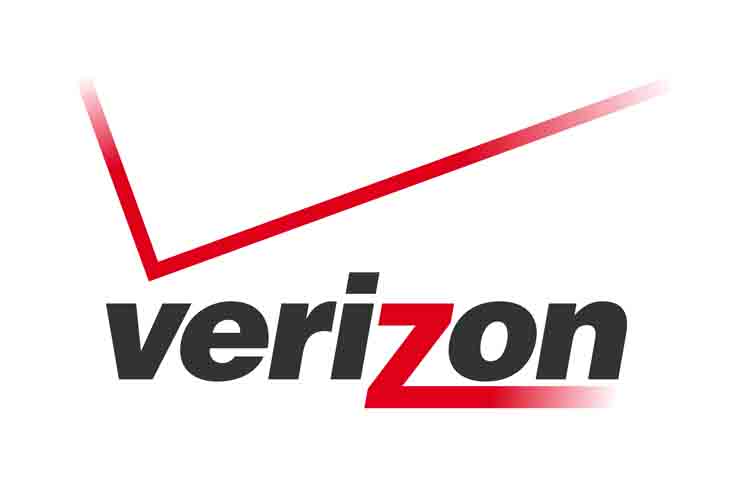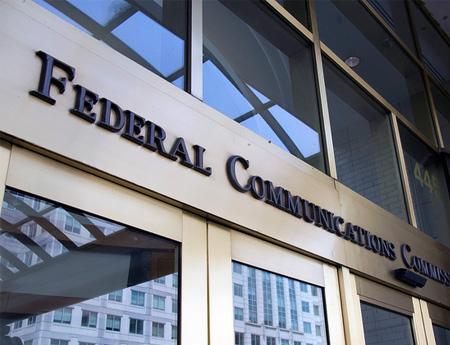FCC Denies Net Neutrality Complaint Against Verizon Wireless
The smarter way to stay on top of the multichannel video marketplace. Sign up below.
You are now subscribed
Your newsletter sign-up was successful
The FCC has denied a network neutrality complaint against Verizon Wireless for lack of evidence, saying it also independently investigated the allegations and concluded no enforcement action.
The FCC's Enforcement Bureau said Tuesday (Aug. 6) that it was denying the complaint, filed by Verizon customer Alex Nguyen, who the FCC said had sought $81 billion in forfeitures (this story initially incorrectly identified that figure as damages).

The complaint alleged that Verizon had both violated the 2015 net neutrality rules and C Block rules by (a) unlawfully interfering with customers’ ability to use devices or applications of their choice on Verizon’s network; (b) interfering with edge providers’ ability to develop devices and applications of their choice; and (c) failing to adequately disclose its network management practices."
But the Enforcement Bureau said Nguyen had not met his burden of proof because, "[r]ather than support its claims with sworn affidavits from witnesses with personal knowledge of the facts, the Nguyen Complaint rests almost entirely on unverified news reports and blog posts."
The bureau said that while the complaint lists 22 devices, it offers no "verified evidence" (like a sworn affidavit) that anyone tried to use any of the devices on the network.
Nguyen also claimed that Verizon disabled or made companies disable certain functionalities on Verizon devices, but, again, offers no "verifiable evidence."

"A complainant has the burden in a formal complaint proceeding under section 208 of the Act, and under the Title II Order [the alleged conduct occurred before the FCC repealed that Title II regime] and C Block rules, to demonstrate by a preponderance of the evidence that the alleged conduct occurred and that it violated the Act or a Commission rule or order.27 Reviewing the entire record here, we find that Nguyen failed to meet that burden by providing reliable evidence in support of the violations alleged in the Complaint."
The smarter way to stay on top of the multichannel video marketplace. Sign up below.
By contrast, it said, Verizon had submitted "unrebutted evidence" supporting its denials of the conduct.
Nguyen also asked the bureau to initiate its own investigation so it could turn up evidence and take action. The bureau said it did, and "did not take enforcement action."
Nguyen had plenty of bones to pick with how his complaint was characterized and treated at the FCC.
He pointed out that he had not asked for $81 billion in damages (the FCC had actually called that $81 billion a forfeiture, which this story had initially incorrectly labeled damages], but only $965 plus $25 per month for every month since May 2015 in damages. Nguyen did ask for Verizon forfeitures to go to the treasury.
Nguyen told Multichannel News that all the facts in his complaint were supported by either firsthand knowledge or documentation. "[The FCC order] falsely claims I didn't provide firsthand knowledge, even though I clearly did in my filings, exhibits, and replies to interrogatories," he said. "Apparently, the current EB chief doesn't consider my bills from Verizon verified, reliable, or first-hand evidence," he said.
"Similarly," he said, "the Order dismisses as 'unverified information' * Public statements and filings by Samsung and Verizon itself; * Research papers and articles from the National Association of Broadcasters and NextRadio; * A sworn declaration by Worldcall Interconnect CEO Lowell Feldman; *Commit messages in Google's source code repositories, and *Reporting from the NYT, WSJ, Recode, and Walt Mossberg, among others."
Contributing editor John Eggerton has been an editor and/or writer on media regulation, legislation and policy for over four decades, including covering the FCC, FTC, Congress, the major media trade associations, and the federal courts. In addition to Multichannel News and Broadcasting + Cable, his work has appeared in Radio World, TV Technology, TV Fax, This Week in Consumer Electronics, Variety and the Encyclopedia Britannica.

